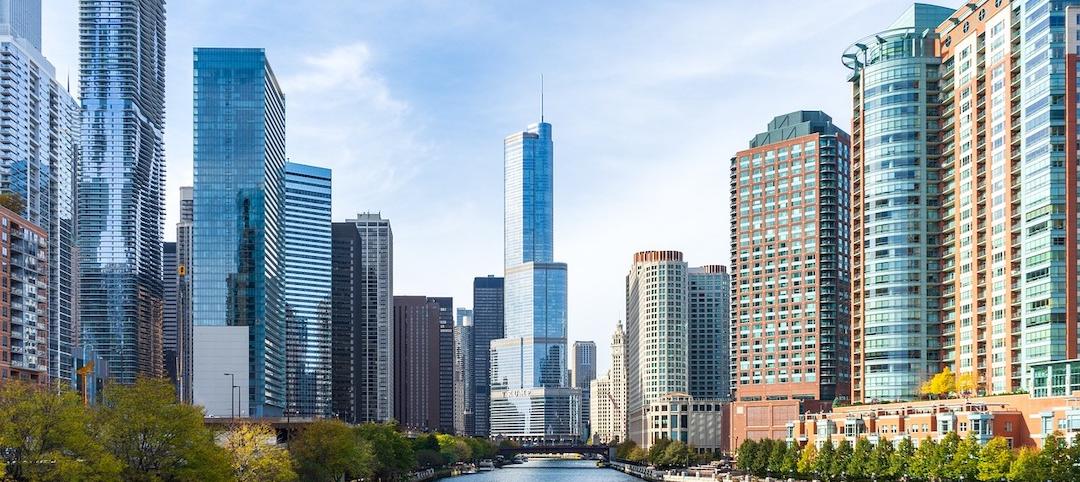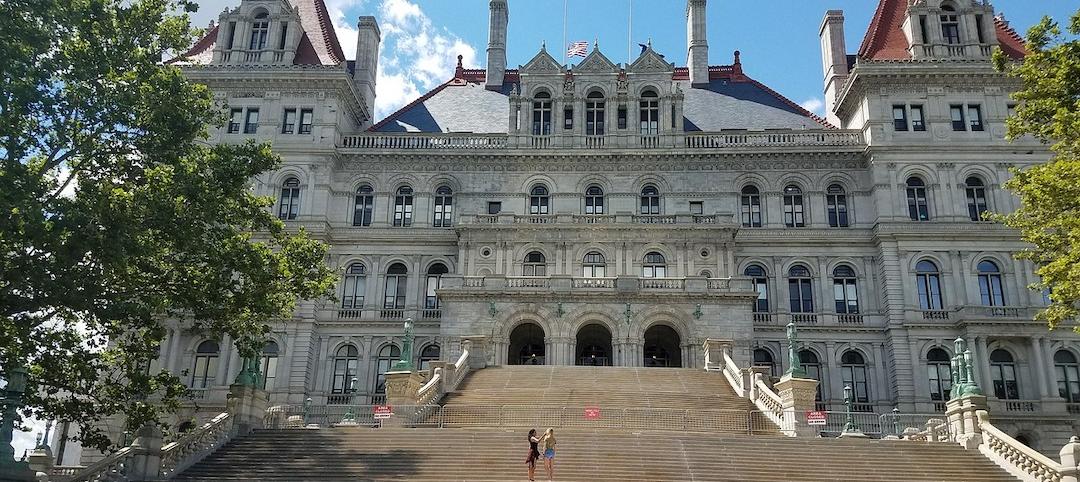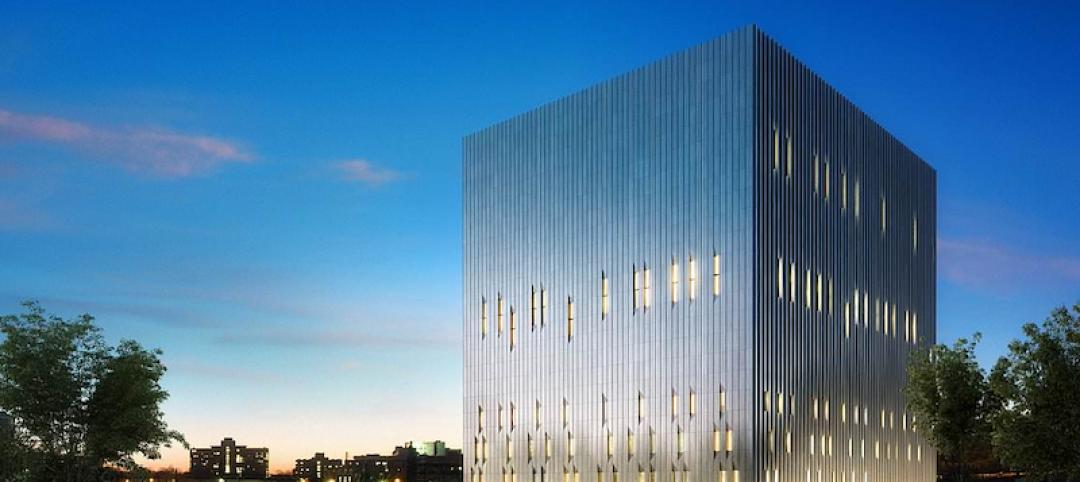In 30 years, climate change is going to make much of Florida too risky for real estate lenders, according to Spencer Glendon, a senior fellow at the Woods Hole Research Center and a former partner and director of investment research at Wellington Management.
Investors have yet to pay meaningful attention to Florida’s climate risk, and continue to buy long-dated debt and are financing real estate decades into the future. This trend portends disaster for the future Florida economy, he says.
Insurance will disappear, he predicts, and future resale income will shrink. His advice is that it’s okay to rent in Florida, but it is “insane” to own or lend.
Florida’s economy could crash if banks or homebuyers worry that insurance policies in some places will become prohibitively expensive or unavailable.
As a result, the housing market would suffer, and property tax revenue would decline, leaving Florida without funds for infrastructure damaged by rising sea levels and storms.
Related Stories
Codes and Standards | Feb 7, 2022
Energy efficiency ratings not reflecting true energy use
Highest rated U.K. buildings are less efficient than lower rated ones.
Codes and Standards | Feb 3, 2022
Illinois tops USGBC list of states with the most LEED certified projects in 2021
Top 10 states plus D.C. certified more than 247 million gross square feet.
Codes and Standards | Feb 2, 2022
Public works contracting reform advances in New York State
Governor signs bill to form advisory council that will propose policy changes.
Codes and Standards | Feb 2, 2022
Commercial and multifamily construction starts rebounded in 2021
Following COVID uncertainty in 2020, the industry recovered, but still lags 2019 levels.
Codes and Standards | Feb 1, 2022
Biden Administration launches state, local coalition to boost building performance standards
Will focus on energy efficiency and electrification across the buildings sector.
Codes and Standards | Jan 26, 2022
Downtown digital twin to aid Las Vegas in setting policy priorities
Will be used to address energy use, emissions, traffic, parking, noise, and emergency management.
Codes and Standards | Jan 25, 2022
Modeling tool helps compare options for HVAC systems when little known about a building
Compares projected costs and energy usage for all HVAC systems and hot water consumption.
Codes and Standards | Jan 25, 2022
Critics slam proposed revamp of California’s solar net energy metering rate
Could make rooftop solar panels unaffordable for most customers.
Sponsored | Resiliency | Jan 24, 2022
Norshield Products Fortify Critical NYC Infrastructure
New York City has two very large buildings dedicated to answering the 911 calls of its five boroughs. With more than 11 million emergency calls annually, it makes perfect sense. The second of these buildings, the Public Safety Answering Center II (PSAC II) is located on a nine-acre parcel of land in the Bronx. It’s an imposing 450,000 square-foot structure—a 240-foot-wide by 240-foot-tall cube. The gleaming aluminum cube risesthe equivalent of 24 stories from behind a grassy berm, projecting the unlikely impression that it might actually be floating. Like most visually striking structures, the building has drawn as much scorn as it has admiration.
Sponsored | Resiliency | Jan 24, 2022
Blast Hazard Mitigation: Building Openings for Greater Safety and Security

















